
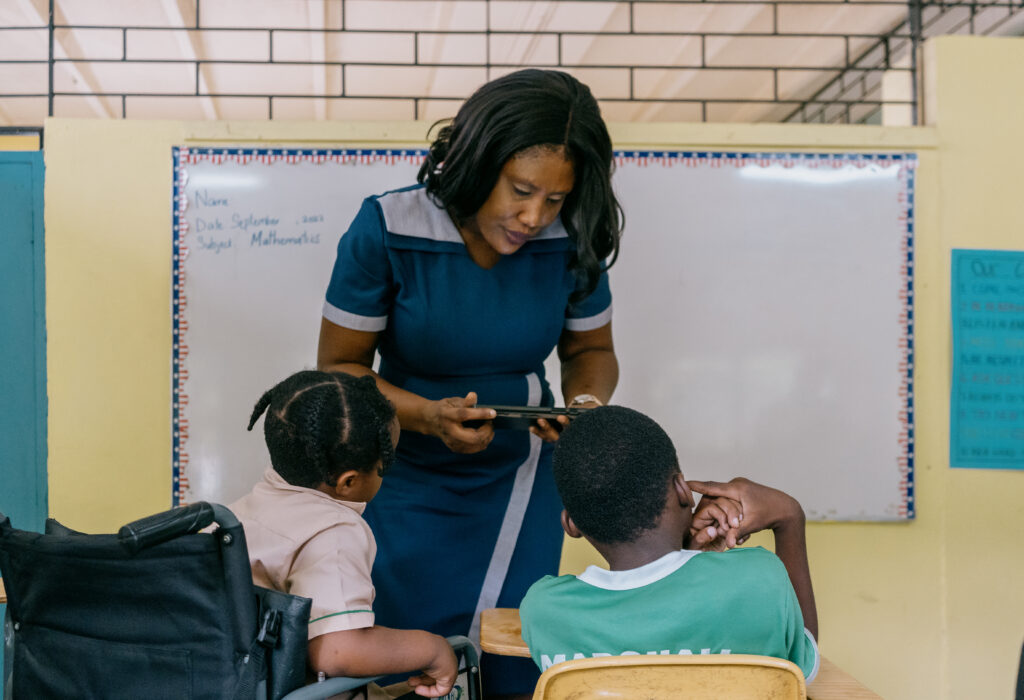
The first of two artificial intelligence (AI) in education workshops was held on October 10, in Montego Bay, hosted by the UNESCO Office for the Caribbean in partnership with the Jamaica Teaching Council (JTC).
The workshop trained over 400 teachers, school leaders, and education stakeholders from across Jamaica to explore how AI can enhance teaching and learning, while promoting ethical, inclusive, and responsible use of technology in classrooms.
“At UNESCO, our mission is clear: technology must serve humanity, not the other way around. Innovation in education must be ethical, inclusive, and equitable,” said Eric Falt, director of the UNESCO Office for the Caribbean. “Teachers are the torchbearers of this transformation. You have the power to shape how the next generation perceives, interacts with, and benefits from technology.”
The Montego Bay workshop marks a key step in Jamaica’s national effort to prepare educators for the digital age.
Guided by the UNESCO AI Competency Framework for Teachers, participants learned how to integrate AI tools into lesson planning, student assessment, and classroom management, while ensuring that learning remains personalised, creative, and equitable. Teachers engaged in hands-on exercises, sharing experiences, and developing practical strategies for applying AI responsibly within their schools and communities.
“The future of education in Jamaica depends on equipping our teachers with the confidence, skills, and creativity to embrace AI responsibly,” said Dr Winsome Gordon, CEO of the Jamaica Teaching Council, an agency of the Ministry of Education. “This workshop is not about technology replacing teachers; it is about empowering teachers to inspire, guide, and transform the learning experiences of every child in their care.”
This initiative is part of the national Sustainable Development Goal (SDG) Joint Programme on Digital Transformation for Education in Jamaica, funded by the European Union and Spain.
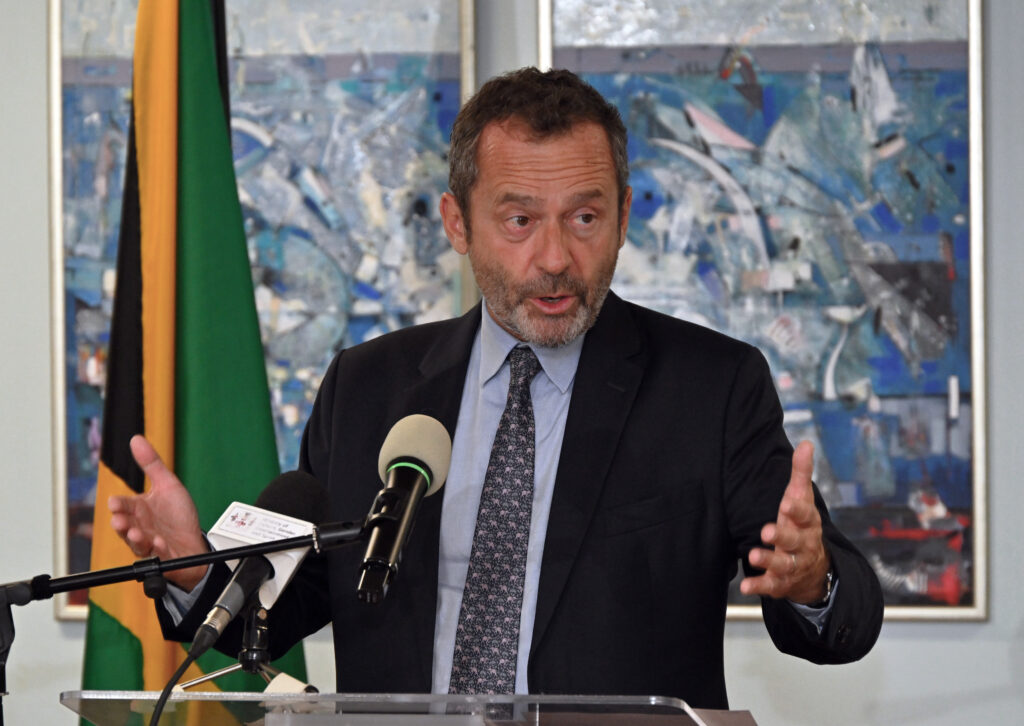
Jamaica is also among the first countries in the Caribbean to apply UNESCO’s AI Readiness Assessment Methodology, reflecting its commitment to adopting AI systems that are ethical, inclusive, and sustainable.
The second workshop is scheduled for October 17 in Kingston, providing additional opportunities for educators from other regions of Jamaica to build AI skills and explore innovative approaches to teaching and learning. These workshops reflect UNESCO’s commitment to ensuring that teachers remain at the heart of educational innovation and that AI serves as a tool to enhance, rather than replace, human creativity and mentorship in classrooms.

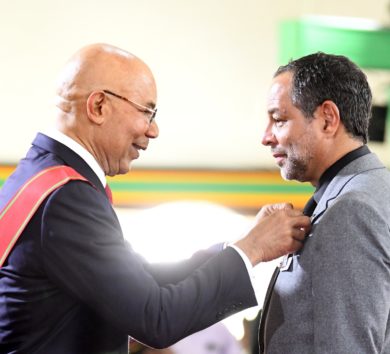

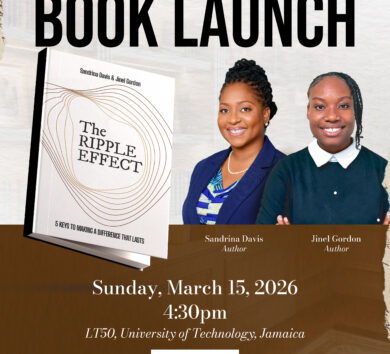
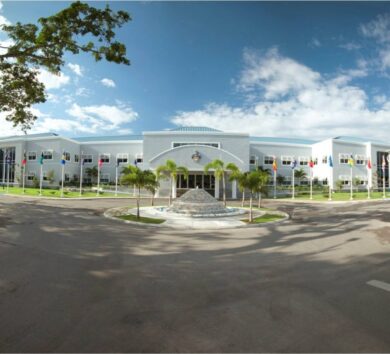
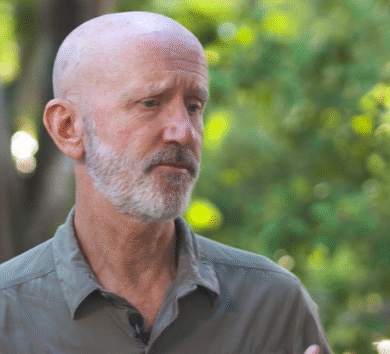

Comments